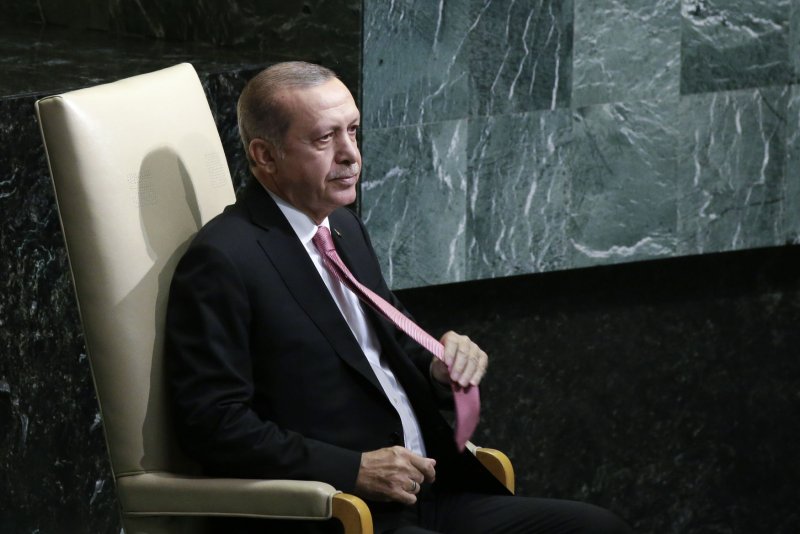Sept. 22 (UPI) -- Leaders of Iraq's Kurdish minority said they will press ahead with an independence referendum despite the threat of sanctions by neighbors Iran and Turkey.
Kurds make up the fourth-largest ethnic group in the Middle East and are spread among parts of Iraq, Syria, Iran and Turkey. They have been an integral part of the U.S.-led strategy to counter the Islamic State in the region. Kurdish fighters known as Peshmerga have been one of the most effective parts of a coalition of forces countering IS fighters.















